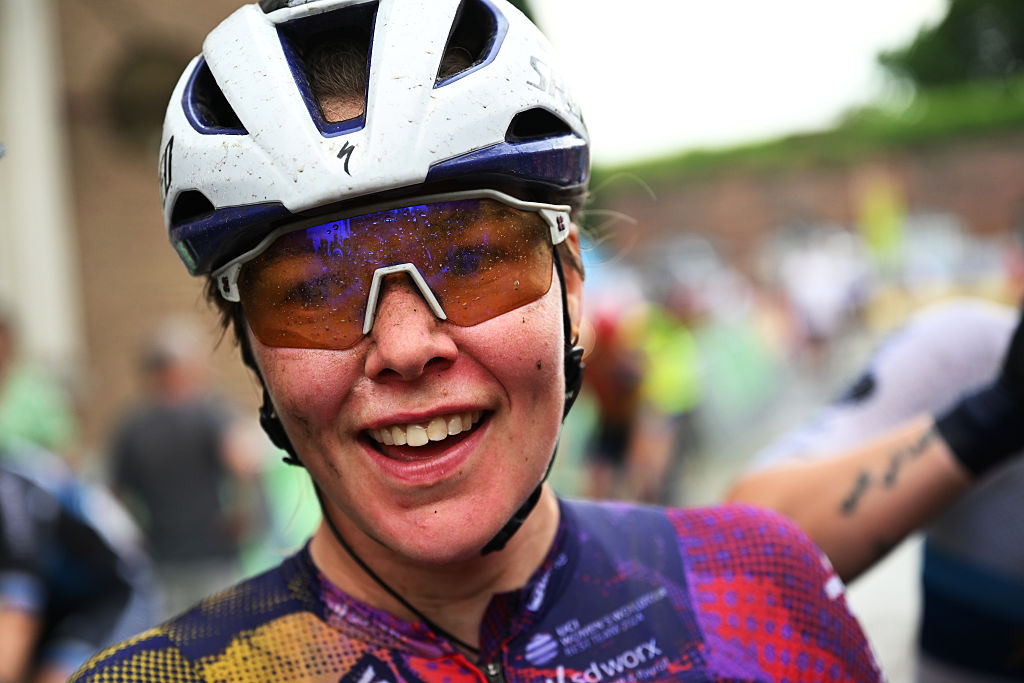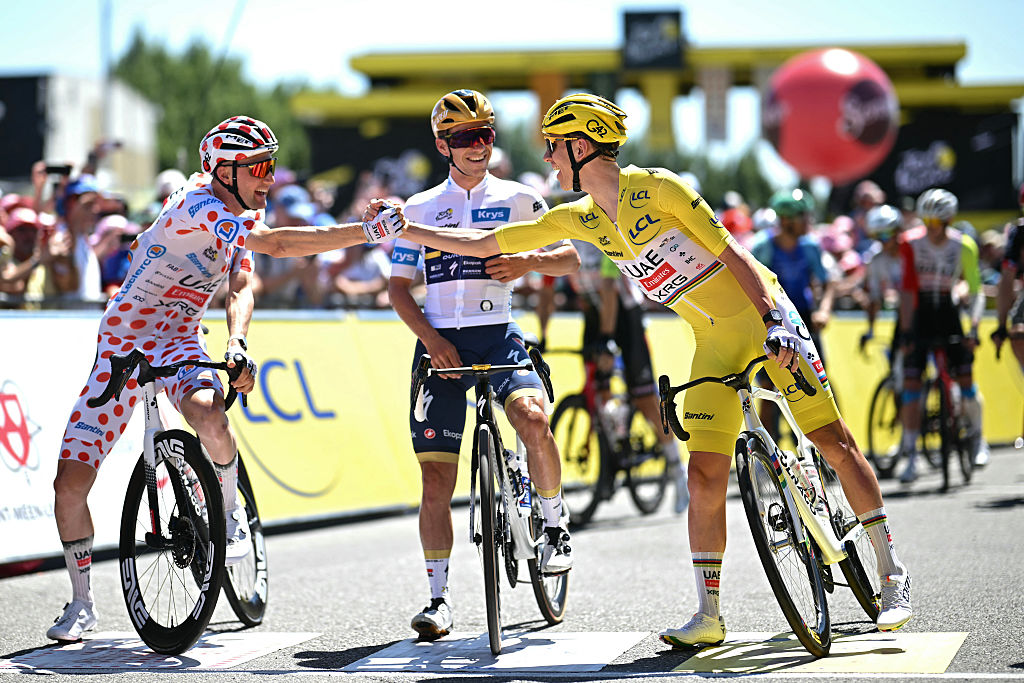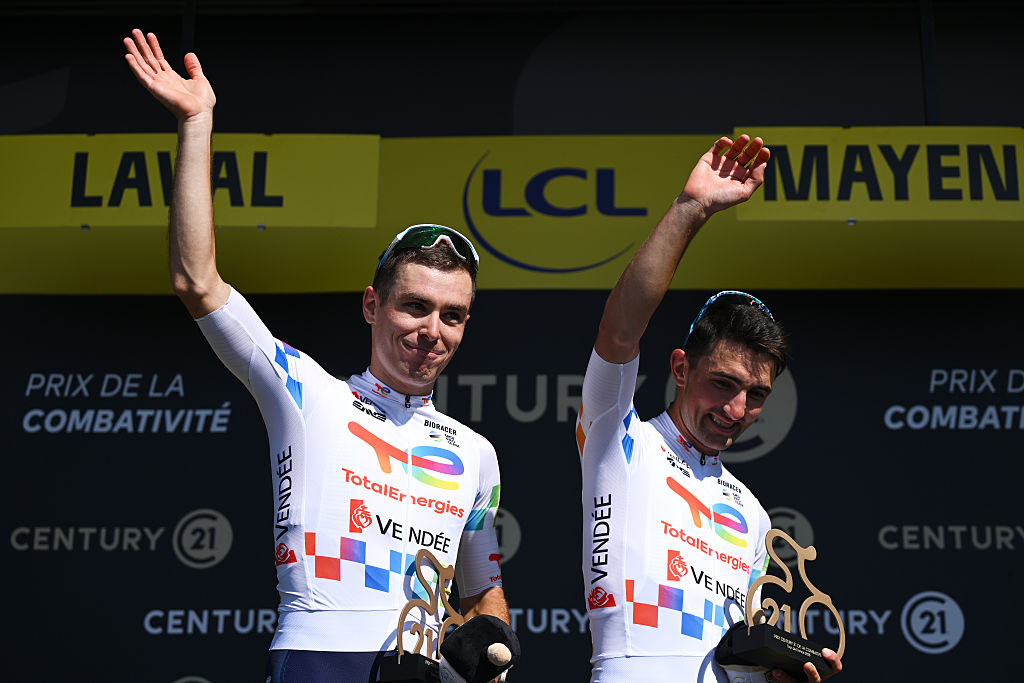A breath of fresh air in the middle of summer - Tour de Pologne Preview
Aru, Pinot, Teuns set for typically punchy and unpredictable week of WorldTour racing
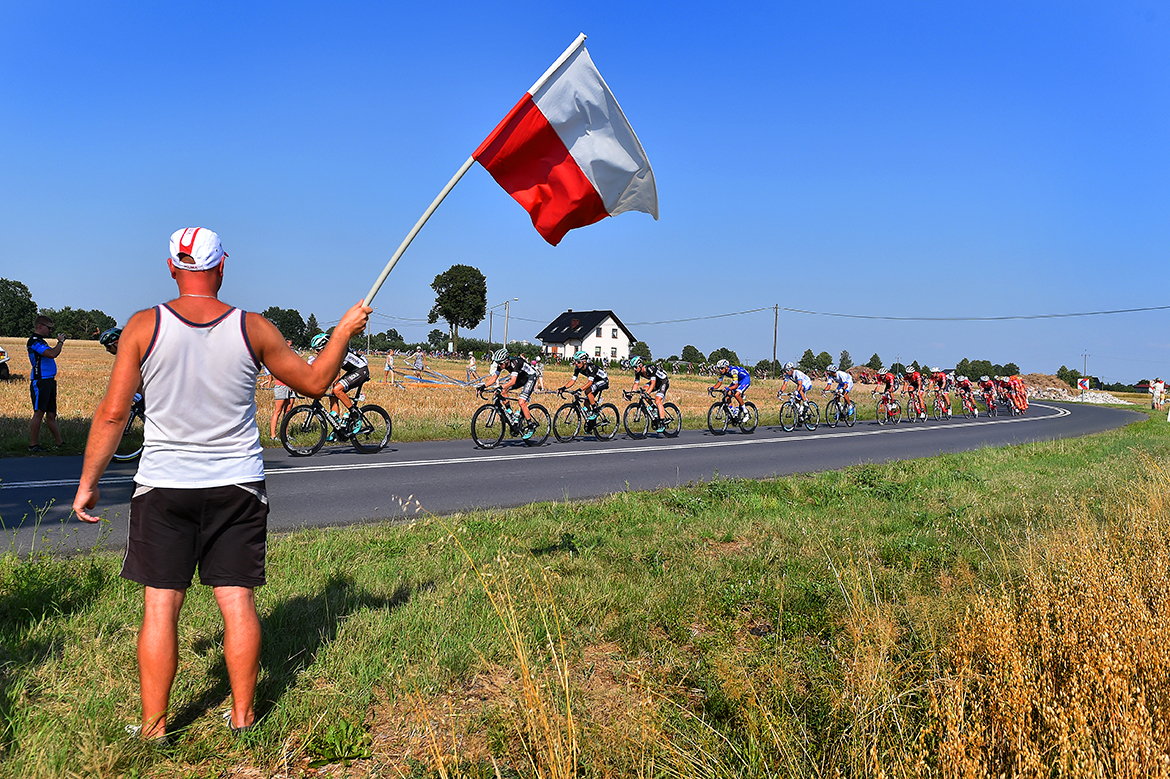
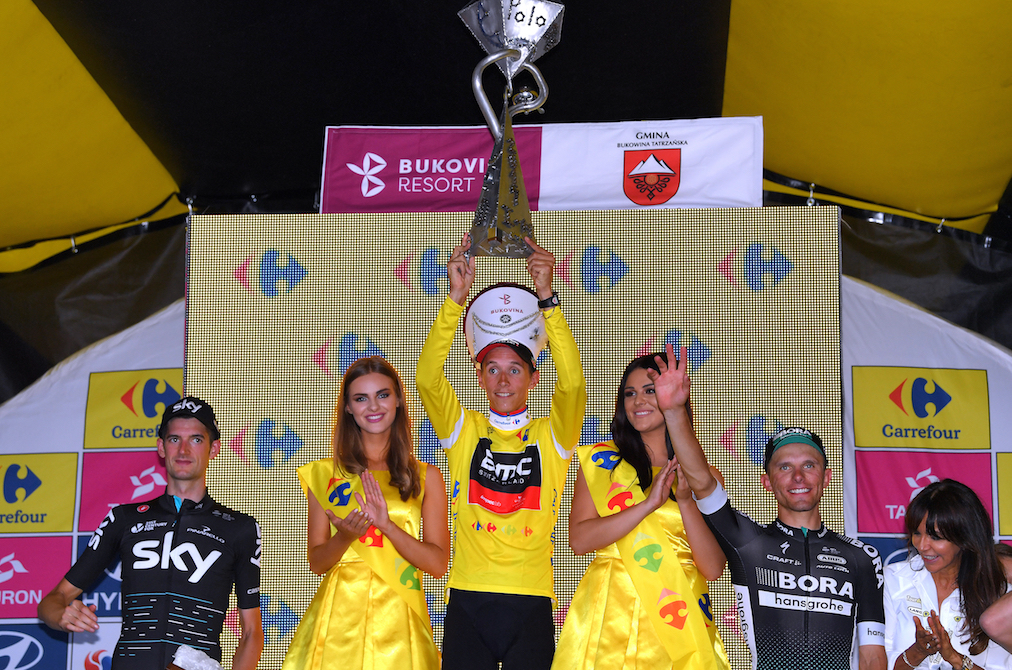
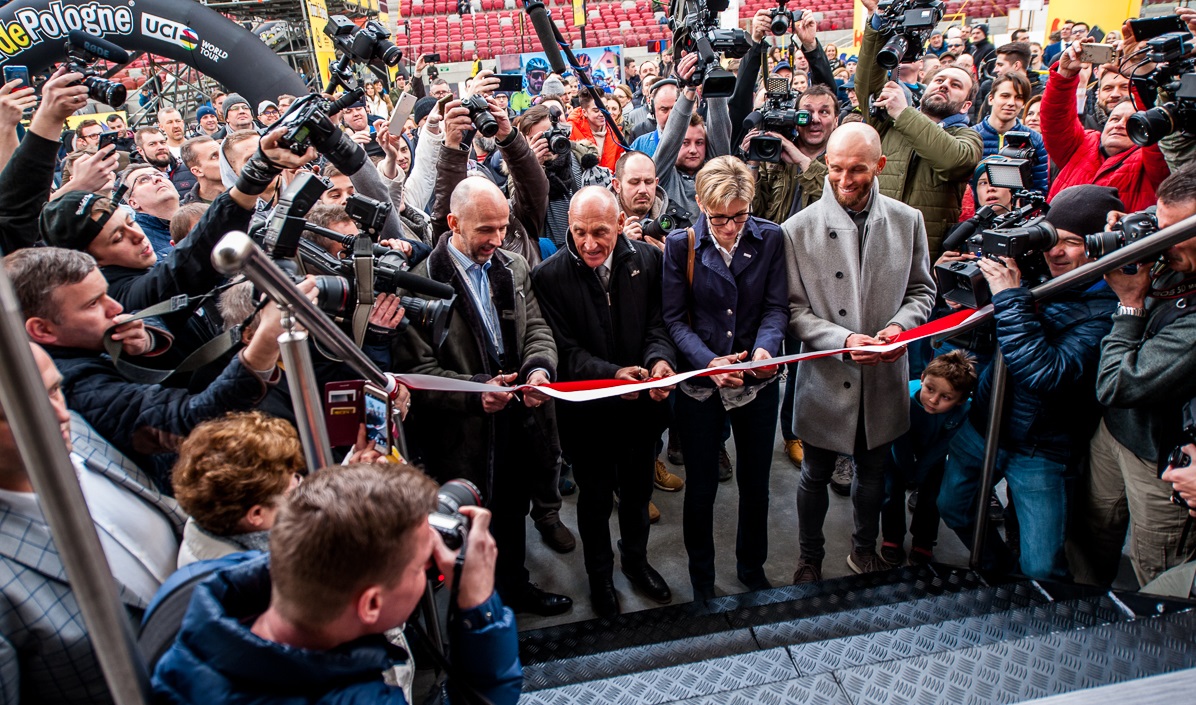
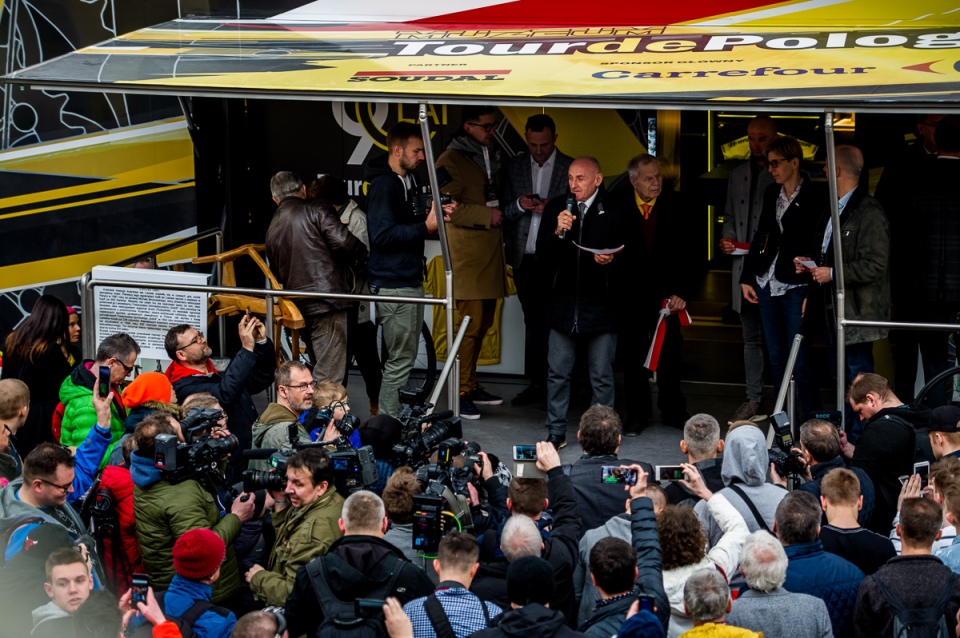
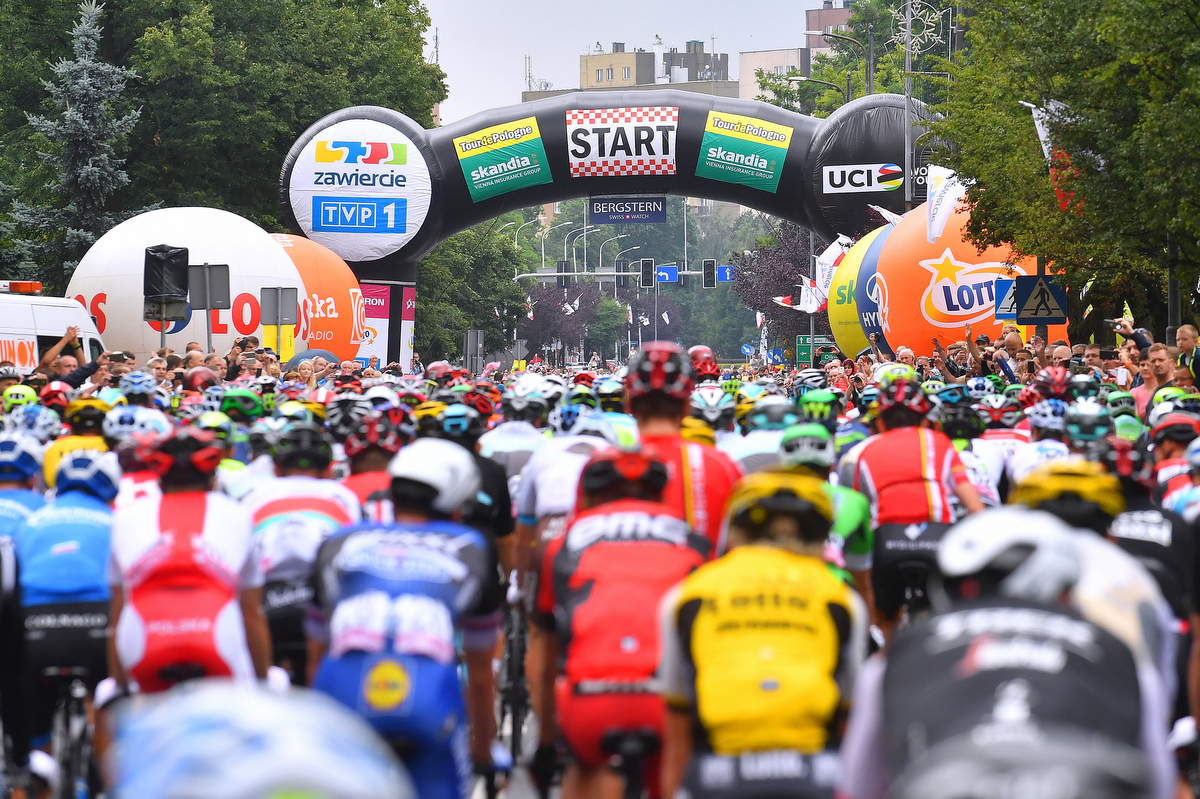
As it reaches its landmark 90th edition, the 2018 Tour de Pologne will stick to a tried and tested formula of punchy uphill stages deep in the country's southern mountain ranges to decide the seven-day race.
Less than a week since the strains of the British National Anthem wafted over the Champs Elysées at the end of the Tour de France, once again the Tour de Pologne raises the curtain on the season's second half of WorldTour stage racing.
Both a prestigious event in its own right and, for some riders, the starting point for the build-up to the Vuelta a España, this year the headline names include Fabio Aru (UAE Team Emirates), Thibaut Pinot (Groupama-FDJ), Rohan Dennis (BMC Racing Team), Michal Kwiatkowksi (Team Sky) and André Greipel (Lotto-Soudal). Both Aru and Pinot are heading for the start-line of the Vuelta - an event Aru won in 2015 - in Málaga on August 25th. Meanwhile, Kwiatkowski will be the biggest draw for the home crowds, even if his best result in Pologne dates back to a distant 2012, when he finished second overall and led for two days.
Given the Tour de Pologne's position in the calendar, with many riders using it as their first event after a break during the Tour de France, the list of potential challengers for overall victory in the seven-day, 1,075-kilometre event is a long one. Moreover, a course with no individual or team time trial, and where the crunch stages are often decided in fiercely disputed but short, uphill finishes, makes Pologne even more unpredictable - and exciting.
Top of the list, though, has to be 2017 winner Dylan Teuns (BMC Racing Team), who will defend a victory that represented the Belgian's breakthrough at WorldTour level last year. His team's very strong line-up also contains Rohan Dennis and Nicolas Roche.

Mitchelton-Scott will also have various options on this sort of hilly terrain with Roman Kreuziger, Michael Albasini and Simon Yates, whilst Team Sky's Sergio Henao has also shone in similar race finales. Sam Oomen (Team Sunweb), Emanuel Buchman (Bora-hansgrohe), George Bennett (LottoNL-Jumbo), Nathan Haas and Simon Spilak (Katusha-Alpecin), Rui Costa (UAE Team Emirates), Edvald Boasson Hagen (Dimension Data), Giovanni Visconti (Bahrain-Merida), and Movistar duo Richard Carapaz and Carlos Betancur are yet more potential challengers.
The sprinters' line-up is arguably less impressive, but only a little. André Greipel (Lotto-Soudal), with a strong track record in Pologne when he last raced here in 2009-2010, returns to racing following his untimely exit from the Tour de France and a promising eighth place in the Ride London-Surrey Classic last Sunday.
Nacer Bouhanni, following his controversial non-selection by Cofidis in July for the Tour will doubtless be looking for fresh opportunities to shine, albeit on less high-profile terrain. Alvaro Hodeg (Quick-Step Floors), Pascal Ackermann (Bora-Hansgrohe), Danny van Poppel (LottoNL-Jumbo), Sacha Modolo and Dan McLay (EF-Drapac), Luka Mezgec (Mitchelton-Scott), Giacomo Nizzolo (Trek-Segafredo) and Phil Bauhaus (Team Sunweb) all could be in with a chance. Matteo Trentin (Mitchelton-Scott), who has often shone on fast finishes through rolling terrain, has plenty of opportunities here, too.
The route
The race itself is neatly split into two, with bunch sprints all but certain on the first three stages and the general classification battle then coming down to the much hillier second segment.
The first two stages - a circuit through Poland's former capital city of Krakow and then a stage from Tarnowskie Gory to Katowice - are almost identical to last year, right down to the infamous 900-metre descent to the finish in Katowice, one of the rare downhill sprint battles on the cycling circuit, and won last year by Sacha Modolo.
The second half of the race rolls into the central segment of the southern Carpathian mountains, as has become traditional in recent editions of Pologne, culminating in battles across the steep, punchy ascents around two of southern Poland's most picturesque mountain towns, Zakopane and Bukowina.
Stage three's difficult, wooded ascent to Szcyrk in 2017 has been shifted to stage four, but it is identical in format to last year, and will likely have the same role, where it saw the GC leaders, headed by overall winner Dylan Teuns, come to the fore for the first time. Stage five's rolling course between Wieliczka and Bielsko-Biala is more for the breakaways, and has an easier uphill final ascent, while stage six could also see a late move of non-GC challengers stay clear.
The last day's racing is brutal, featuring non-stop short, steep ascents on narrow country roads on a 66-kilometre circuit last used last year and tackled twice, culminating in a difficult hill-top finish at Bukowina Tatrzanska, with thousands of local cycling fans lining the route and helping to keep the riders' adrenalin at a maximum for a grand finale.
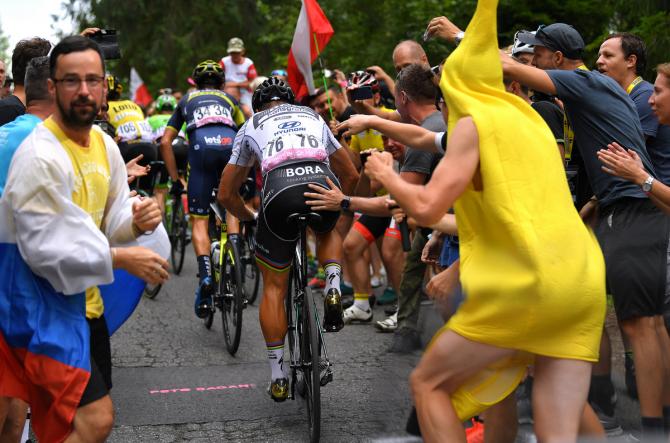
Given the Ardennes Classics-like terrain in the second half, where advantages can quickly open and evaporate on the relentlessly hilly roads, it's perhaps no surprise the overall 2017 Tour de Pologne came down to the wire - within the final kilometre there were still three potential overall winners. 2018 will likely prove equally challenging and uncertain.
The most unpredictable element, though, is arguably the weather, which in the past has veered violently between baking summer heat and sudden downpours in plummeting temperatures.
In 2016, Tim Wellens won the race overall in torrential rain, and any wet weather on narrow country roads can turn the hillier stages into much tougher challenges than they appear on paper. Then there is always the risk of echelons if the wind and rain kick in on the earlier stages.
All in all, Pologne is anything but predictable, which, following three weeks of largely formulaic racing in the Tour de France, is surely just the kind of breath fresh air everybody needs in the middle of summer.
The latest race content, interviews, features, reviews and expert buying guides, direct to your inbox!
Alasdair Fotheringham has been reporting on cycling since 1991. He has covered every Tour de France since 1992 bar one, as well as numerous other bike races of all shapes and sizes, ranging from the Olympic Games in 2008 to the now sadly defunct Subida a Urkiola hill climb in Spain. As well as working for Cyclingnews, he has also written for The Independent, The Guardian, ProCycling, The Express and Reuters.
Latest on Cyclingnews
-
UCl Gravel World Series – Femke Markus holds off Rosa Klöser to win Gravel One Fifty for elite women
Jordan Habets soloes to men's victory at home race in Netherlands -
How to watch the Tour de France 2025: TV, Streaming, official broadcasters
Where to watch the biggest race in the world this July -
Tour de France 2025: All the yellow cards, fines, and penalties
Yellow cards abound on stage 3, Evenepoel hit with fine on stage 4, Milan gets fine after win on stage 8 -
On the eighth day, the Tour de France rested - Why the peloton rode steady on the road to Laval
'It was quite an easy day, I think a lot of guys in the bunch' says Jonas Vingegaard

